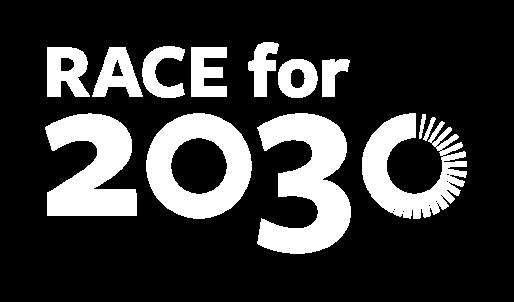


RACE for Business
Research Theme B1: Transforming energy productivity through value chains
ISBN: 978-1-922746-41-2
Industry Report
Food Value Chain: Supporting Australia’s food value chains to transform their energy productivity
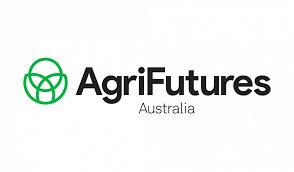
June 2023
Citations
Trianni, A., Hasan, ASMM., Edwards, M., Pears, A., Whelan, B., Leak, J. (2023). Food Value Chain: Supporting Australia’s food value chains to transform their energy productivity Research Theme B1: Transforming energy productivity through value chains. Prepared for RACE for 2030 CRC
Project partners
Project team
Australian Alliance for Energy Productivity

• Alan Pears
• Jarrod Leak
• Michaela Ling
Climate-KIC Australia Limited

• Belinda Whelan
• Chris Lee
University of Technology Sydney

• Andrea Trianni
• ASM Monjurul Hasan
• Melissa Edwards
Acknowledgements
This project is supported by funding from Australian Alliance for Energy Productivity (A2EP), Climate-KIC Australia Limited and the University of Technology Sydney.
Acknowledgement of Country
The authors of this report would like to respectfully acknowledge the Traditional Owners of the ancestral lands throughout Australia and their connection to land, sea and community. We recognise their continuing connection to the land, waters, and culture and pay our respects to them, their cultures and to their Elders past, present, and emerging.
What is RACE for 2030?
RACE for 2030 CRC is a 10-year cooperative research centre with AUD350 million of resources to fund research towards a reliable, affordable, and clean energy future. racefor2030.com.au
Disclaimer
The authors have used all due care and skill to ensure the material is accurate as at the date of this report. The authors do not accept any responsibility for any loss that may arise by anyone relying upon its contents.
What is in the report?
This report summarises the outcomes of the food value chain research project on energy productivity which was conducted from September 2022 – May 2023 The project consulted with industry and developed a concept for mobilising collaboration.
Why is it important?
The food value chain is facing many challenges including climate change, and increasing costs, competition and regulation. Energy productivity focuses not just on energy efficiency, but also on energy-related actions that add value to a business for each unit of energy consumed. By focusing on the value chain, the project considered inputs, supply chain participants and end-consumers.
Systems change happens when multiple, interconnected elements, such as culture, environments, markets, people, policies and technology readjust non-linearly to allow new solutions and ways of working to be applied at scale and at pace, as indicated in Figure 1.
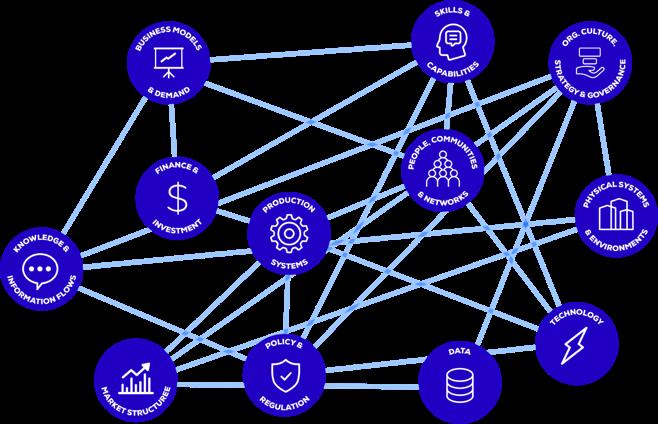
What did we do?
The project team first undertook three streams of desktop literature review: exploring the nature of food value chains, major emerging drivers and energy-related measures, and technologies and activities that could be applied within and along value chains. The results were channelled into the action research, including applying a systems innovation research model, to identify both key issues and possible pathways forward. Key stakeholders identified were interviewed individually, and the key messages identified were integrated into the results from the literature review. These were mapped on the levers of change framework, as shown in Figure 2.
Figure 1. Levers of change (Climate-KIC, 2023, from https://www.climate-kic.org/programmes/deep-demonstrations/)What did we find?
Substantial research and innovation are occurring, in part through organisations such as the Fight Food Waste (FFW) Cooperative Research Centre (CRC) and Food Innovation Australia Limited (FIAL), although mostly at individual company or industry levels, rather than across the entire value chain.
Emerging issues include: ambitious decarbonisation objectives and obligations (particularly Scope 3 greenhouse gas emissions), circular economy industry models, digitalisation and connection (Industry 4.0) and an increasing focus on environmental performance by consumers, investor and government
Energy efficiency and productivity were seen as important but not a high priority, although there was backing for industry leadership and government support Most businesses focus on their own business, suppliers and customers, which potentially allows inefficiencies to occur, as shown in Figure 3.
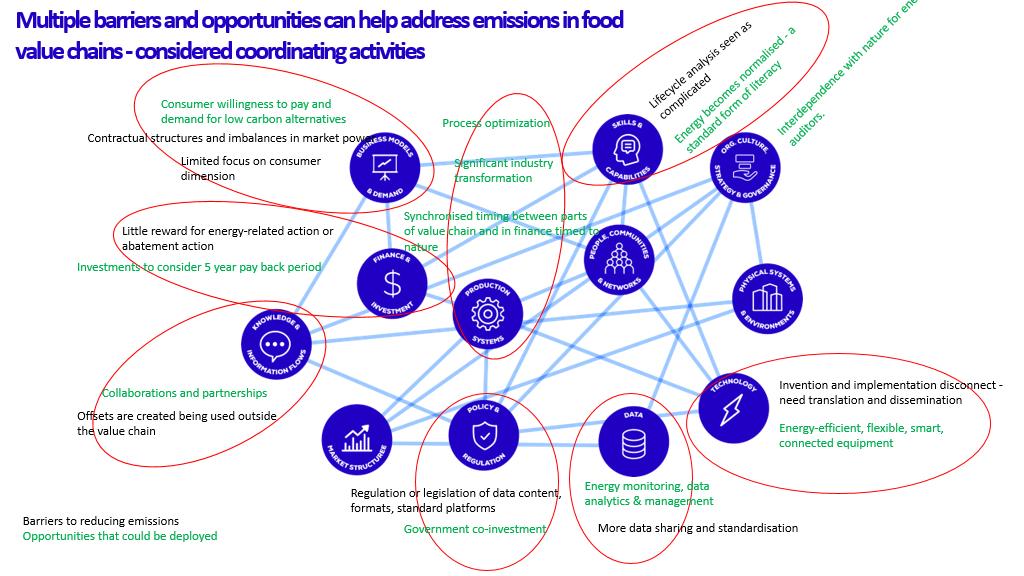 Figure 2. Climate-KIC Australia’s levers of change framework with overlay of barriers and opportunities Options were developed to mobilise collaborative action and feedback was sought from the stakeholders, which led to the project recommendation to move the energy productivity agenda forward.
Figure 2. Climate-KIC Australia’s levers of change framework with overlay of barriers and opportunities Options were developed to mobilise collaborative action and feedback was sought from the stakeholders, which led to the project recommendation to move the energy productivity agenda forward.
What’s next?
The project team recommended the use of an Energy Productivity Cascade strategy, including the development of a consortium-based approach to building awareness and mobilising action by working with existing organisations and building on existing activities to integrate energy productivity, as outlined in Figure 4.
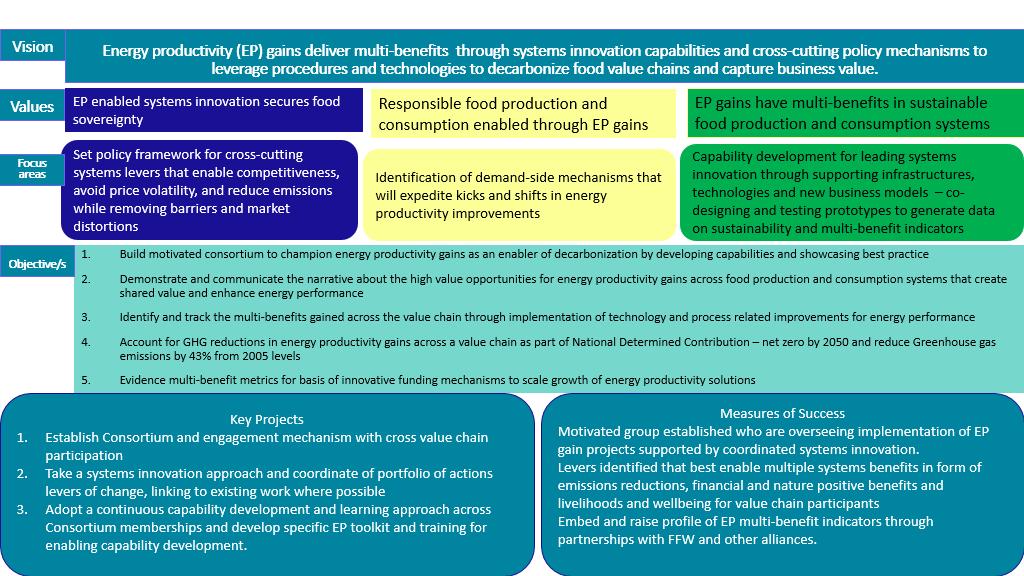
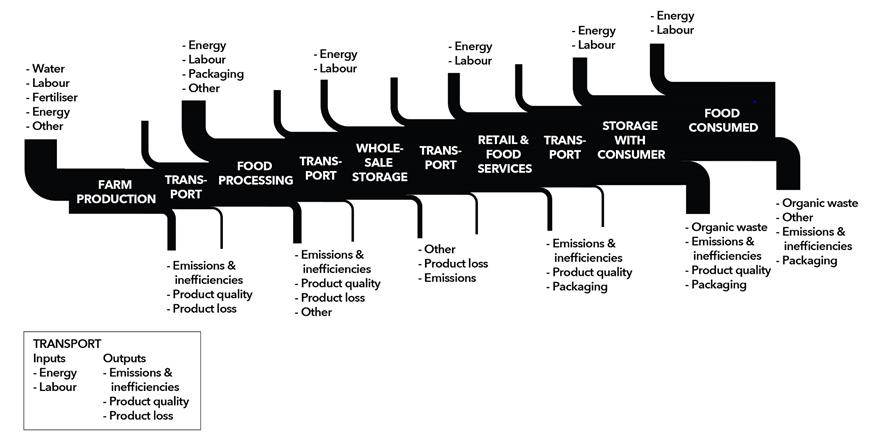 Figure 3 Flow diagram that highlights the potential for value add or loss at each value chain stage, and the progressive increase in product value
Figure 4. Energy Productivity Cascade strategy
Figure 3 Flow diagram that highlights the potential for value add or loss at each value chain stage, and the progressive increase in product value
Figure 4. Energy Productivity Cascade strategy
